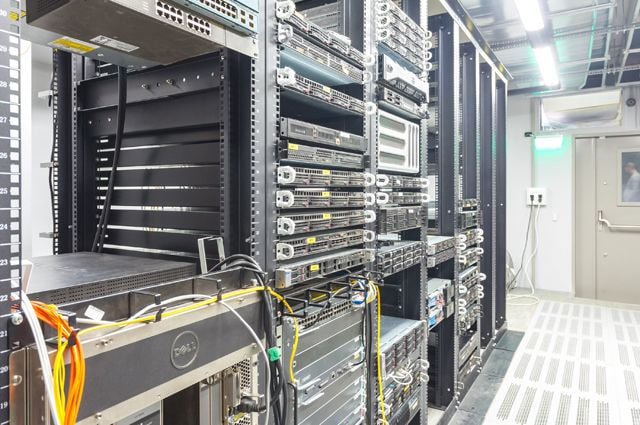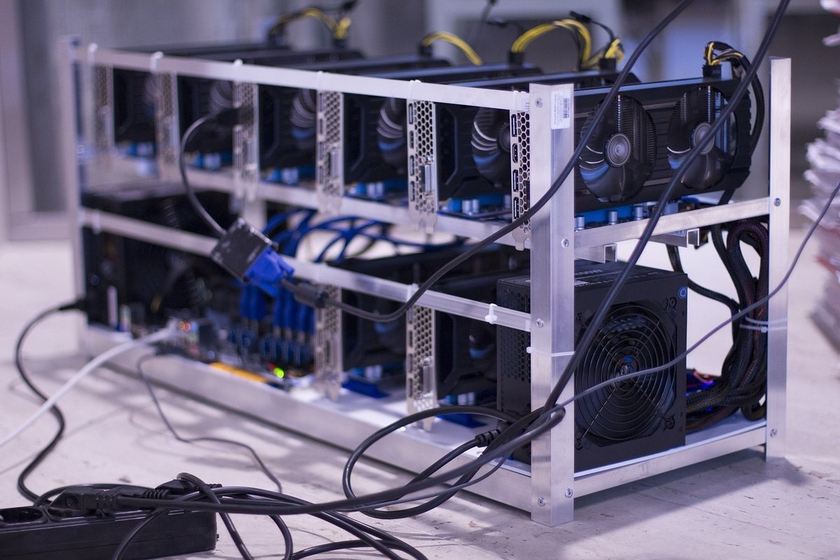Data Centers & Mining
AstroSynx is a collective of infrastructure engineers and blockchain enthusiasts with nearly a decade of hands-on experience in hardware and distributed systems. The journey began in 2017 with large-scale Bitcoin mining setups and evolved into a private GPU-mining facility running over 3,000 graphics cards between 2018-2021.
Over those years we mastered firmware tuning, thermal optimization, and power efficiency to deliver 24/7 uptime across remote facilities. When Ethereum moved to Proof-of-Stake in 2022, we expanded into validator operations - advancing our key management, slashing protection, and PoS-native monitoring.
Today, AstroSynx operates validators and full nodes across Ethereum, Starknet, Dymension, Cosmos, Lava, Realio, Selfchain, and Nibiru - on physically owned servers with strict network segmentation and fully auditable monitoring. Our principle is simple: consistency and reliability proven in practice.






